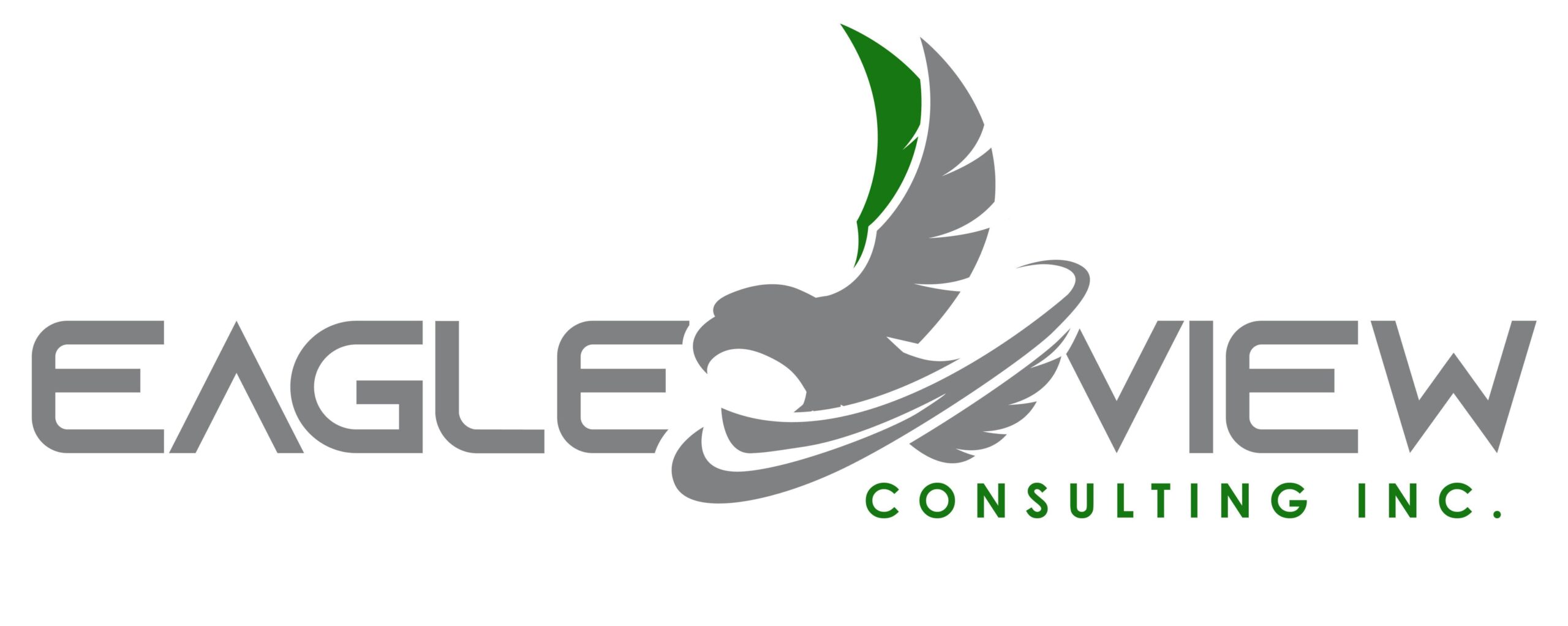Introduction
Navigating the world of small business loans can be overwhelming with so many options available. Choosing the right loan involves more than just securing funds—it requires understanding your business needs and selecting a loan that aligns with your financial goals. Here’s a guide to help you choose the best small business loan for your needs.
Understand Your Business Needs
Before exploring loan options, assess your business needs. Consider factors such as the amount of funding required, the purpose of the loan (e.g., expansion, equipment purchase, working capital), and your ability to manage repayments. Understanding these aspects will guide you in selecting the most suitable loan type.
Types of Small Business Loans
- Term Loans: These are traditional loans with a fixed repayment schedule and interest rate. They are ideal for businesses looking for a lump sum of capital for specific purposes, such as purchasing equipment or expanding operations.
- Lines of Credit: A line of credit offers flexible access to funds up to a predetermined limit. You can draw from this line as needed and only pay interest on the amount used. This option is suitable for managing cash flow and unexpected expenses.
- SBA Loans: Backed by the Small Business Administration, SBA loans offer competitive interest rates and longer repayment terms. They are suitable for businesses with strong credit histories and a well-documented business plan.
- Equipment Financing: If you need funds specifically for purchasing equipment, this type of loan is tailored for that purpose. The equipment itself often serves as collateral, making it easier to qualify.
Considerations When Choosing a Loan
- Interest Rates: Compare interest rates across different loan options to ensure you get the best deal. Lower rates can significantly reduce the overall cost of borrowing.
- Repayment Terms: Review the repayment terms and schedules. Choose a loan with terms that align with your cash flow and financial capacity.
- Fees and Costs: Be aware of any additional fees or costs associated with the loan, such as origination fees, prepayment penalties, or administrative charges.
- Lender Reputation: Research lenders and read reviews to ensure you’re working with a reputable institution. A good lender will offer transparent terms and excellent customer service.
Conclusion
Choosing the right small business loan involves understanding your needs, comparing loan options, and evaluating terms and conditions. By carefully considering these factors, you can secure financing that supports your business’s growth and helps you achieve your goals.
